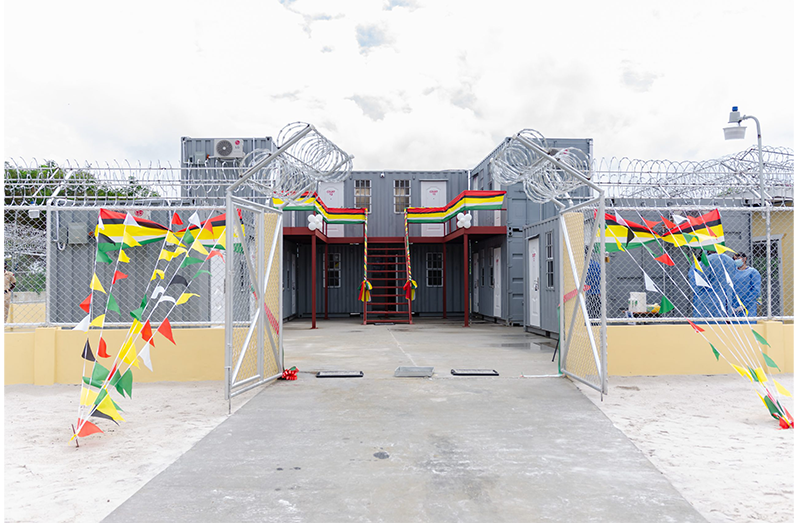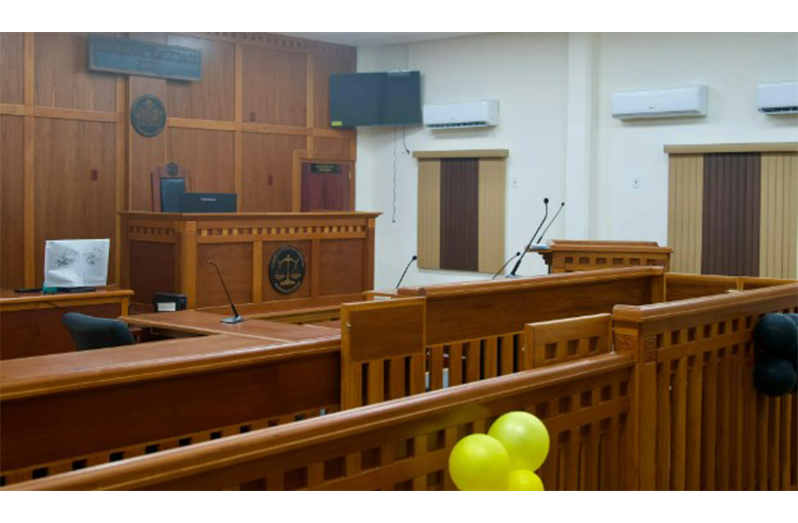Residents of Orealla and Siparuta, two remote Amerindian communities along the upper Corentyne, are set to benefit from a long-awaited breakthrough in access to justice, with President Dr. Irfaan Ali announcing a new initiative that will finally bring magistrate court services closer to home.
For decades, residents have been forced to travel all the way to Skeldon to have their legal matters heard, a costly and time-consuming journey that President Ali acknowledged has placed an unfair burden on the communities.
Speaking during a press conference in Region Six on Friday, the President said the government is moving decisively to end this longstanding inequity.
“The residents of Orealla and Siparuta would have raised the need for a magistrate court as they have to travel all the way to Skeldon to have their matters addressed,” President Ali stated, underscoring the weight of the concerns raised by villagers.
According to the President, the administration will deploy technology and introduce innovative infrastructure to bridge this gap.
“We are going to utilise technology and with the aid of the containerised offices establish a footprint for the people in Siparuta and Orealla to have access from one of those communities to the magistrate court,” he said.

Back in 2020 over 30 containerised courts were established post-COVID to ensure cases were still heard while minimising movement from prisons.
This approach, leveraging digital connectivity and mobile infrastructure, reflects the government’s broader commitment to modernising public services, particularly in hinterland and riverine areas where traditional infrastructural development is more challenging.
The President’s announcement aligns with its push for a citizen-centred model of governance that ensures “no issue must be allowed to escape the loop of government.”
The new arrangement is expected to significantly reduce waiting times for legal matters, lower transportation costs and strengthen access to justice for hundreds of residents. For families, small-business owners and community leaders who often spend an entire day travelling for brief hearings, the change is poised to be transformative.
This move also complements ongoing investments in digital infrastructure, community policing and expanded social services across Region Six. The government has repeatedly emphasised that equitable access to justice is a fundamental component of national development, especially in regions where geography often creates barriers.
Beyond the magistrate court initiative, President Ali highlighted plans to expand legal aid services throughout the region due to growing concerns about inadequate support.
“We are very concerned about these complaints,” he said, adding that the government will be “working on a specific programme to expand legal aid throughout this region.”
As President Ali noted, these targeted interventions are central to a development agenda rooted in reducing disparities and ensuring that every Guyanese citizen, regardless of location, benefits from national progress.



.jpg)









